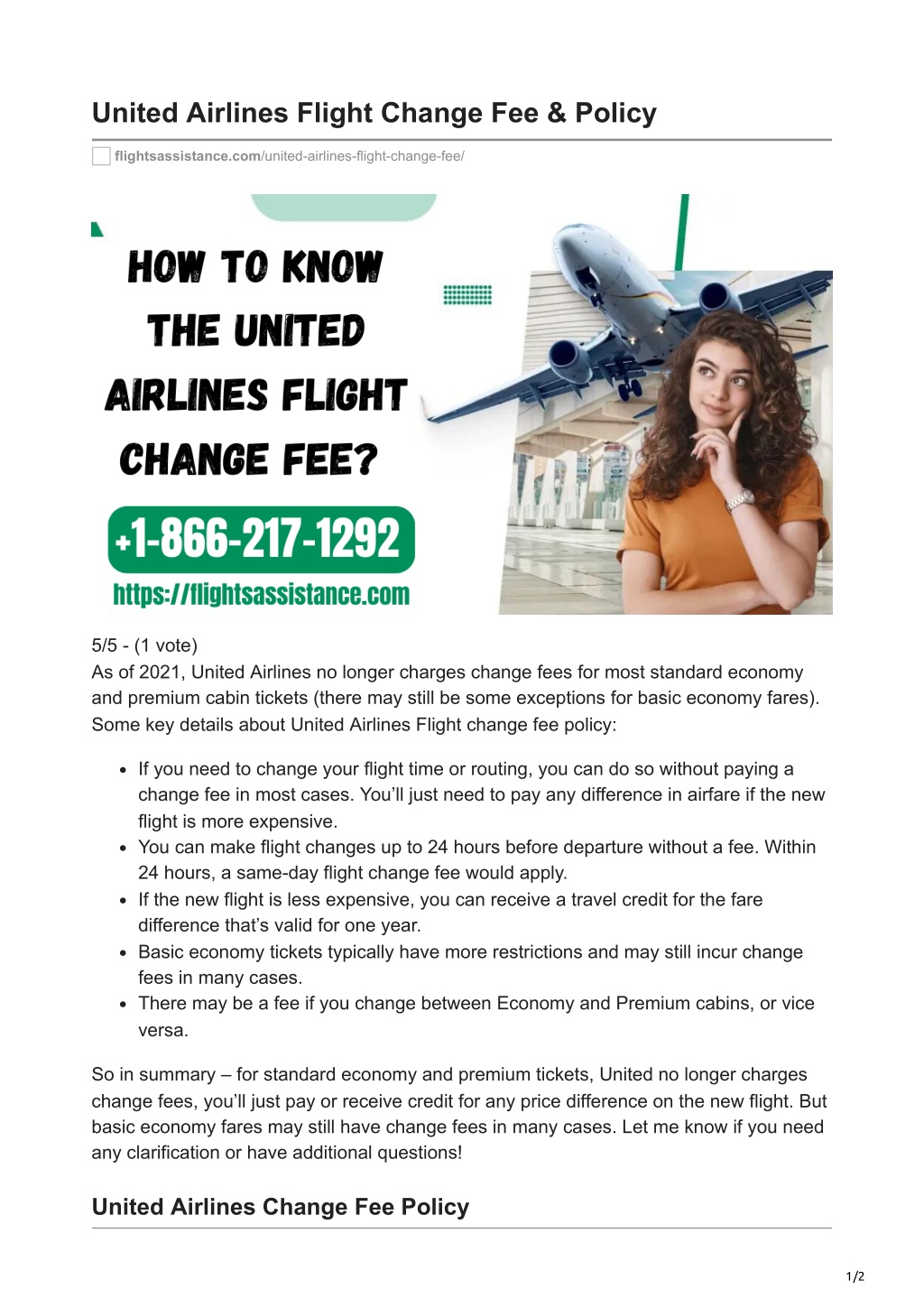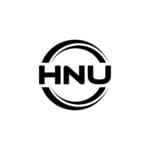Ever feel like airlines are playing a game of hide-and-seek with your money? You book a flight, thinking you’ve snagged a deal, only to be hit with a barrage of extra fees. It’s called “unbundling,” and it’s how airlines make those seemingly cheap fares suddenly… not so cheap. We’re breaking down this practice, showing you exactly how airlines tack on these extra charges, how they impact your travel budget, and, most importantly, how you can outsmart them.
Decoding the Sneaky Price Hikes
Have you ever booked a flight and felt that initial thrill of a great deal, only to watch the price balloon as you add baggage, choose a seat, and maybe even contemplate a snack? You’ve likely encountered the airline industry’s tactic of “unbundling” fees – a practice that can turn a budget-friendly trip into a budget-busting nightmare.
What is Unbundling and Why Does it Matter?
Unbundling is essentially the separation of services that were traditionally included in the ticket price – things like checked baggage, seat selection, and even meals – now offered à la carte for an extra fee. Imagine buying a car without tires, then having to pay separately for each one. It’s similar to that. While some passengers may appreciate paying only for the services they use, the lack of transparency and often-exorbitant costs are what frequently bother travelers.
Common Unbundling Fees and Their Impact
This “à la carte” pricing model can feel more like extortion when you tally up the extra costs. Here’s what you’re likely to encounter:
Baggage Fees: The biggest money-maker for airlines. Fees range from around $30 for a standard checked bag to over $100 for oversized or overweight luggage. Even carry-on bags aren’t immune, as some airlines are now charging for anything larger than a small personal item.
Seat Selection Fees: Want to sit with your family or by a window? Be prepared to pay. These fees can vary considerably, from a few dollars for a standard seat to well over $100 for premium or extra-legroom seats.
Priority Boarding Fees: Want to ensure your carry-on bag fits in the overhead bin? Priority boarding might be the “solution,” but it comes at a price. Though not as common as baggage fees, this is a growing trend.
In-Flight Amenities Fees: In-flight meals, snacks, drinks, Wi-Fi, and entertainment are often extra. What used to be standard perks are now potential revenue streams for airlines.
The Airline Perspective: Why Unbundle?
Airlines often justify these fees as offering passengers more “flexibility” and allowing for lower base fares. However, unbundling is undeniably a highly profitable strategy. By disaggregating these charges, airlines advertise temptingly low prices, revealing the true cost later. The billions generated in ancillary revenue through these fees incentivize airlines to continue this practice. However, some experts suggest that this focus on ancillary revenue may lead to a decline in overall customer satisfaction in the long run. This, coupled with increasing government scrutiny of “junk fees,” could potentially lead to changes in airline pricing practices in the future.
Navigating the Fee Maze: Tips and Strategies
How can you avoid being nickeled and dimed? Here are some practical strategies:
Pack Smart: A well-packed carry-on, meeting airline size requirements, is your best defense against checked baggage fees. Check out online resources for packing light and maximize space in your carry-on.
Evaluate Budget Airlines Carefully: Sometimes, ultra-low-cost carriers can be cheaper, even with added fees, but do the math. Factor in all potential fees before assuming a budget airline is the most affordable option.
Explore Airline Credit Cards: Some airline credit cards offer perks like free checked bags and priority boarding. If you fly frequently with a particular airline, an annual fee may be offset by the savings.
Be Flexible with Travel Dates and Times: Flying during off-peak times can often lead to lower fares and potentially fewer fees.
Know Your Rights: Familiarize yourself with the airline’s fee and refund policies. You may be entitled to a refund if a paid service, like a checked bag, isn’t provided.
Understanding Airline Unbundling
Let’s talk about airline unbundling – the industry’s version of a build-a-bear workshop, but instead of a cuddly toy, you’re assembling your flight experience piece by piece – for a price. Remember when a plane ticket got you a flight with basic amenities? Those days are largely gone. Now, the base fare is often just the price of getting you from point A to point B in a seat – maybe. Everything else – checking a bag, picking your seat, even getting a snack – is likely an additional charge.
Why are Airlines So Keen on Unbundling?
This shift likely stems from key factors: increased revenue and competition with budget carriers. “Ancillary fees,” as they’re called, add up to big bucks. In 2007, US airlines made $464 million from baggage fees alone—imagine how much that figure is today! Unbundling also lets airlines appear competitive by advertising a low base fare, attracting customers initially drawn to the lower price.
Unbundling in Action: What Fees to Expect
| Service | Description | Potential Fee |
|---|---|---|
| Checked Baggage | Storing your larger suitcases in the cargo hold. | $30-$75+ per bag |
| Carry-on Baggage | Bringing a smaller bag into the cabin. | $0-$30+ per bag |
| Seat Selection | Choosing a specific seat. | $10-$100+ |
| Priority Boarding | Boarding before other passengers. | $15-$50+ |
| In-flight Meals | Food and beverages. | Varies |
| In-flight Entertainment | Movies, TV shows, music. | Varies |
| Wi-Fi | Internet access. | Varies |
How Unbundling Affects Your Travel Budget
Potential Pros:
- Potentially Lower Base Fares: If you travel extremely light and need no extras, you might save money.
Definite Cons:
- Hidden Costs: The advertised price is rarely the final cost.
- Nickel-and-Dimed Feeling: The constant upcharges can be frustrating.
- Budgeting Difficulties: Comparing prices between airlines becomes more difficult when factoring in all potential fees.
The Future of Unbundling: More Fees?
Some suggest unbundling will become even more granular. Will we be charged for using the overhead bin or for basic in-flight entertainment? While it may sound far-fetched, the trend suggests airlines are constantly exploring new revenue streams. Unleash your inner adventurer and discover how to achieve breathtaking speed with an agility boost osrs. There’s ongoing debate about how far this will go and its long-term implications for passengers.
Navigating the Unbundling Maze: Tips for Travelers
- Be a Savvy Shopper: Compare the total cost across airlines, including all potential fees.
- Consider Airline Credit Cards: Perks like free checked bags can offset some extra charges, but weigh the card’s annual fee against the potential savings.
- Pack Light: Avoid baggage fees by packing less.
- Be Flexible with Travel Dates: Less popular days or times can result in lower fares.
- Know Your Rights: Familiarize yourself with airline policies to avoid unnecessary charges.
Remember, this system works because consumers allow it. By demanding transparency and pushing back against unreasonable fees, we can influence the future of air travel pricing.
Unbundling Fees Explained
Airlines used to bundle everything into the ticket price. Now, with unbundling, they charge separately for perks we’re used to, from baggage to seat selection, often resulting in higher overall travel costs. It’s like buying a car where the steering wheel and tires are extra. This lets airlines advertise lower initial prices, masking the true final cost.
The Slow Creep of Airline Fees
The shift to unbundling was gradual. Perks like meals and checked baggage, once included, are now extra charges. This piecemeal pricing transformed air travel from an all-inclusive experience to an à la carte menu, raising concerns about transparency and true cost comparison.
The Illusion of Choice
Airlines present unbundling as offering more “choices.” While appealing in theory, these “choices” often feel compulsory, especially for longer flights or family travel. For budget travelers, unbundling feels like navigating a minefield.
Price Elasticity and Airline Strategy
Airlines exploit price elasticity – the idea that people are more price-sensitive to some things than others. Travelers might avoid a higher base fare but grudgingly pay for a checked bag. Airlines know this and use it to their advantage.
Regulating Unbundled Airline Fees: A Challenge
The lack of clear regulation complicates matters. The U.S. Department of Transportation lacks a clear definition of an “airline ticket,” giving airlines leeway in their pricing structures and potentially leaving passengers feeling misled. This makes price comparisons and fair pricing determination harder for consumers.
Practical Tips for Travelers
- Look Beyond the Base Fare: Research all potential fees for baggage, seat selection, etc., and use online comparison tools.
- Pack Light: Minimize baggage to avoid fees.
- Consider Budget Airlines Carefully: For longer trips or checked bags, budget airlines may not be cheaper due to added fees.
- Know Your Rights: Familiarize yourself with airline policies to avoid surprises and negotiate potential waivers or refunds.
- Voice Your Concerns: Express dissatisfaction with fees to airlines and the Department of Transportation. Consumer pressure can drive change.
By being informed consumers, we can make smarter choices, minimize the impact on our wallets, and push for more transparent airline pricing.
Unbundled Fares: A Deep Dive
Unbundled fares offer a basic airplane ticket, charging extra for things like seat selection or even a carry-on bag. This tactic, once mainly used by budget airlines, is now common with larger airlines. They claim it’s about “flexibility,” but some see it as a revenue-boosting strategy. While it seems cheaper initially, these extra fees can quickly inflate costs.
The Airline Perspective: Choice or Illusion?
Airlines argue unbundling lets passengers personalize their experience and keep ticket prices low. However, some believe this “choice” is illusory. Is it a real choice if you’re forced to pay extra for standard services?
The Real Cost of Flying Unbundled
That low fare can be deceiving. Once you add baggage, seat assignments, meals, and priority boarding, the final price can exceed a bundled ticket’s cost, especially for families or groups.
Delta’s Experiment: More Unbundling Ahead?
Delta plans to test unbundled Main Cabin fares in 2025, potentially creating different tiers with varying services included. This could mean more extra charges for features we now take for granted. Is this real choice, or just a way to increase revenue?
Navigating the Unbundled World of Air Travel
To avoid hidden costs, be informed. Don’t just compare base fares; look at the total cost, including potential fees. Consider airline credit cards with perks or use websites that compare full flight costs.
It seems unbundling is here to stay. By understanding how it works, you can make smart choices and avoid overpaying. Though research continues, awareness of these pricing strategies is crucial in navigating air travel today.
- Who Owns Mercedes Cars? 2025 Update: Unveiling the Shareholders - May 6, 2025
- UAE Federal National Council: Evolution of Participation - May 6, 2025
- Trump’s 2025 Portrait: Unveiled, Analyzed - May 6, 2025
















